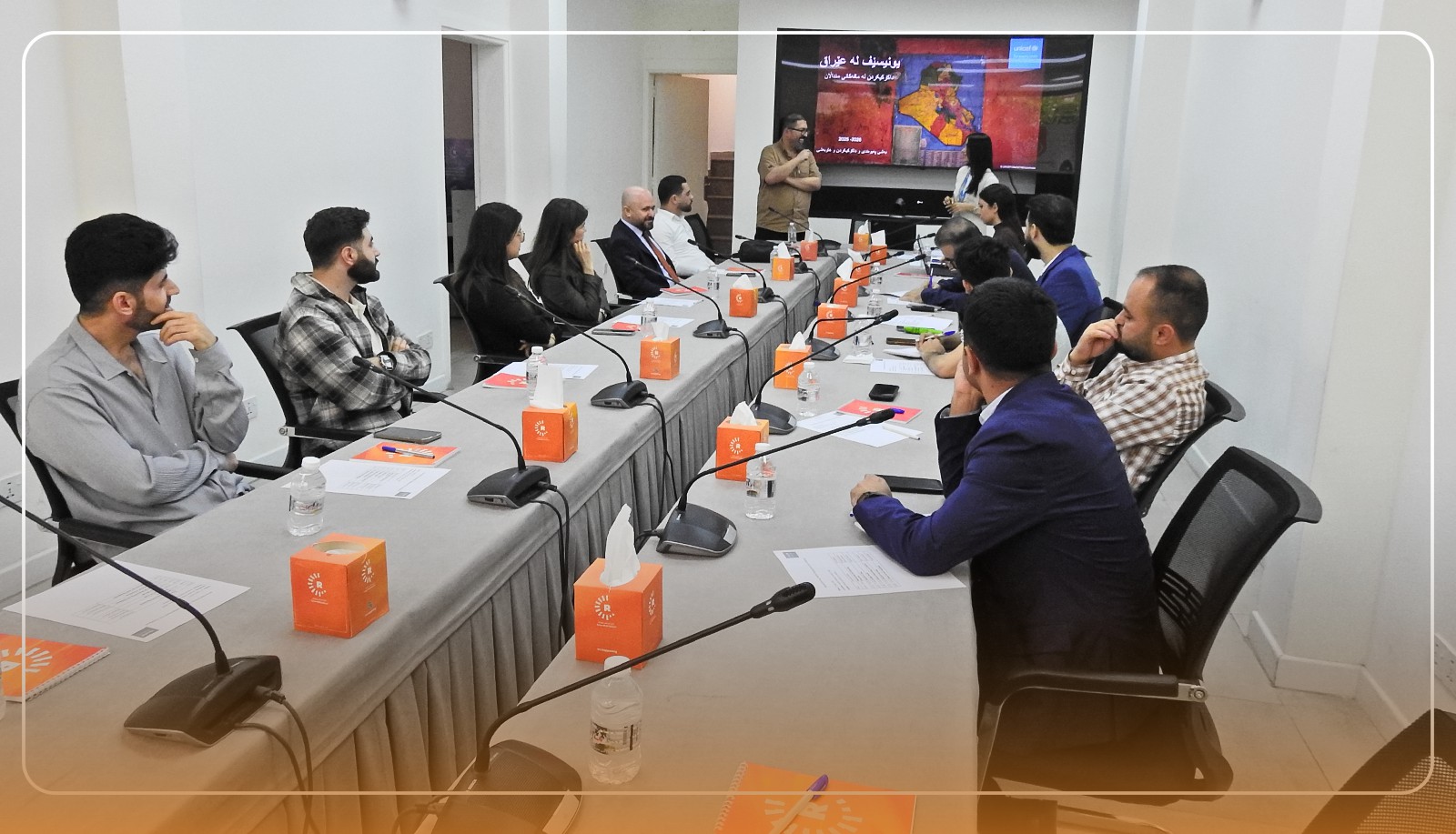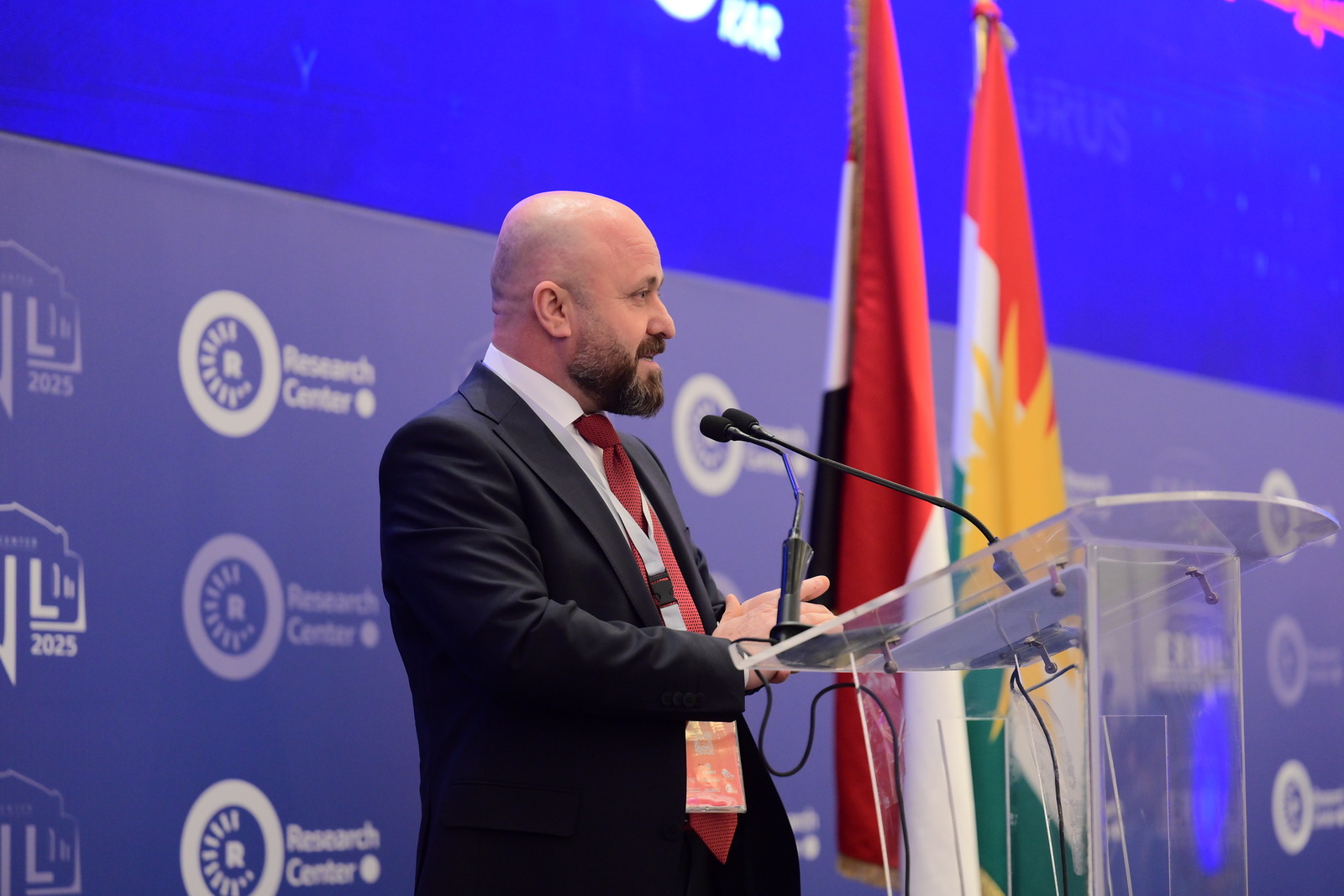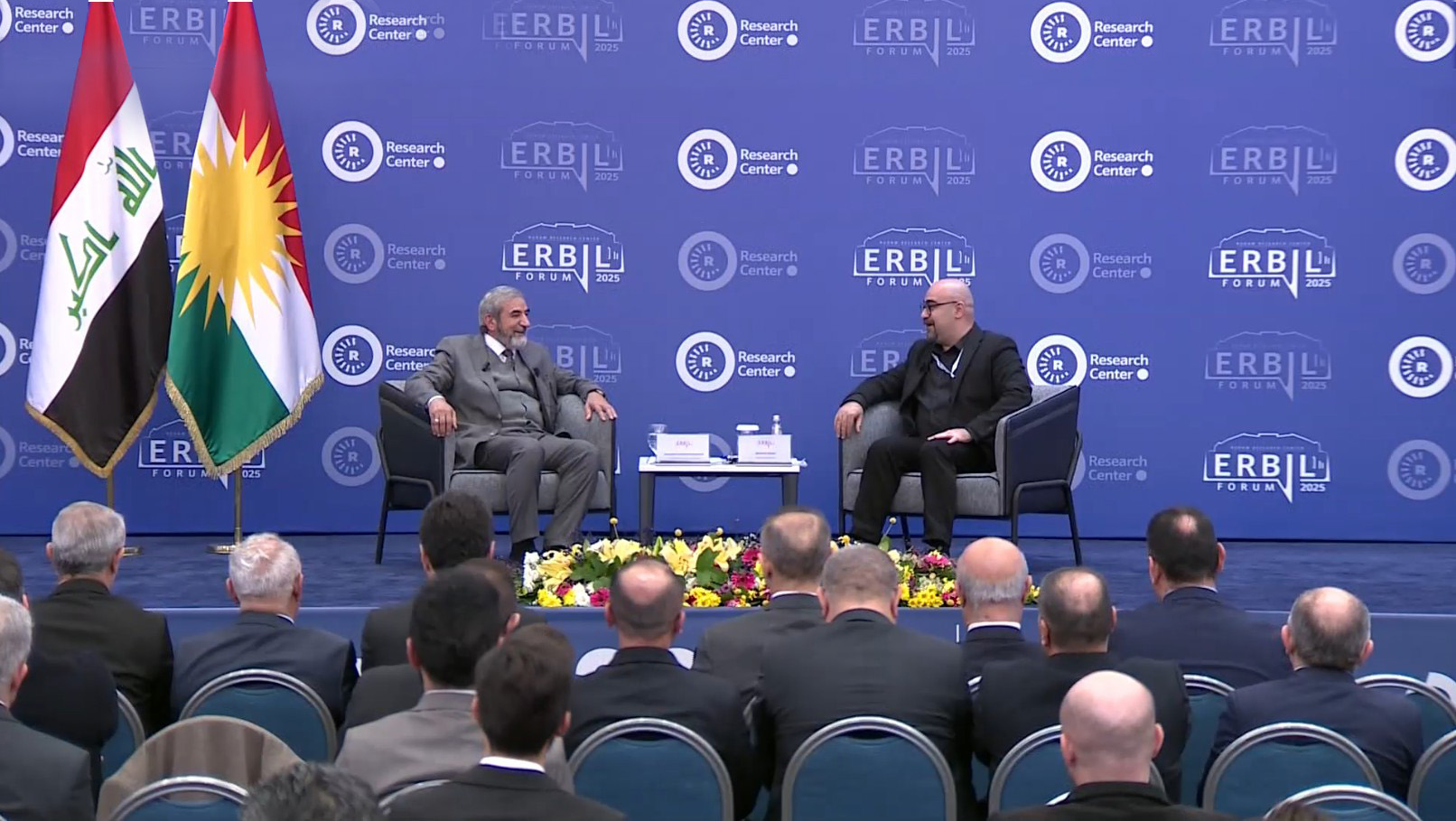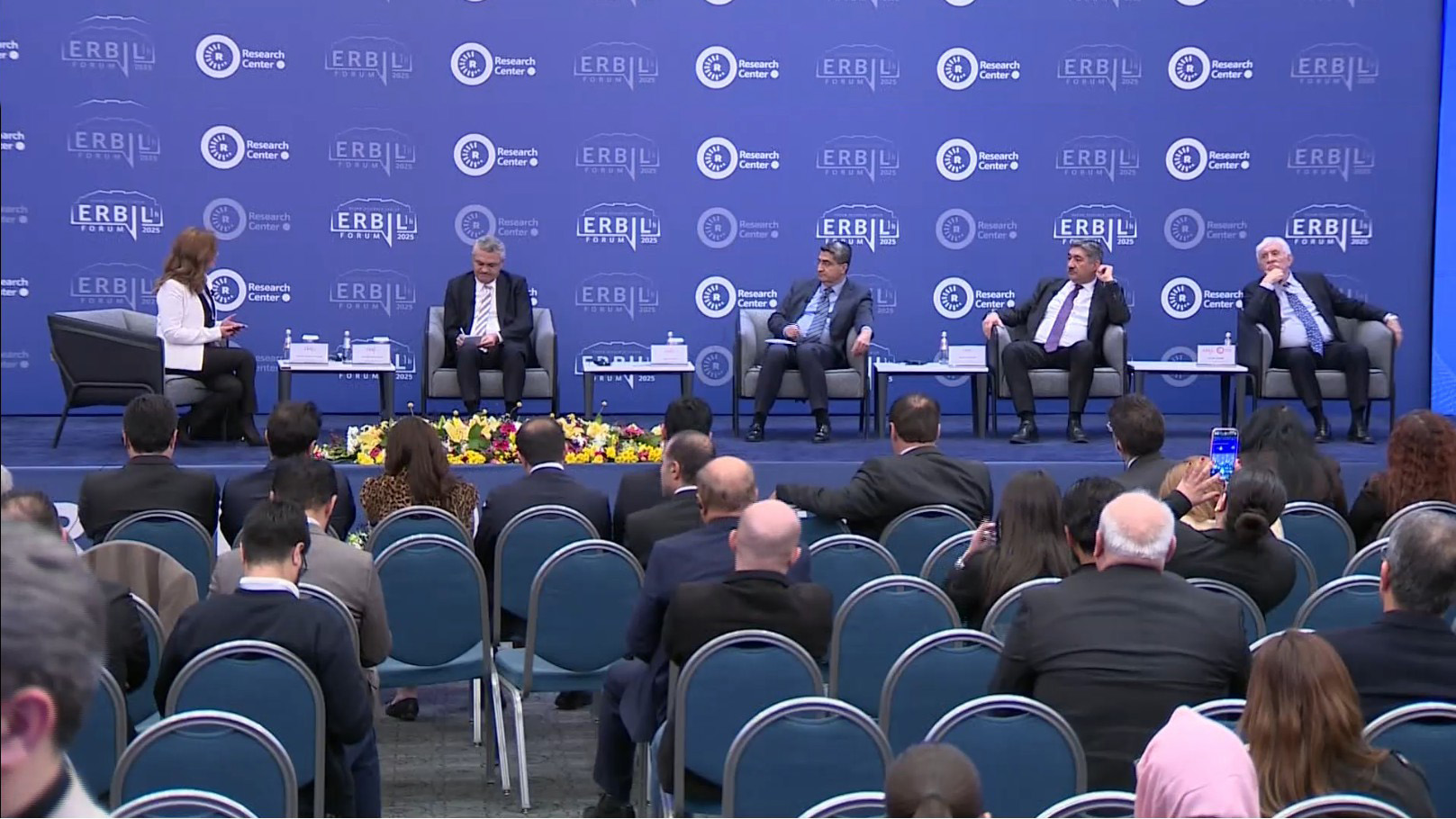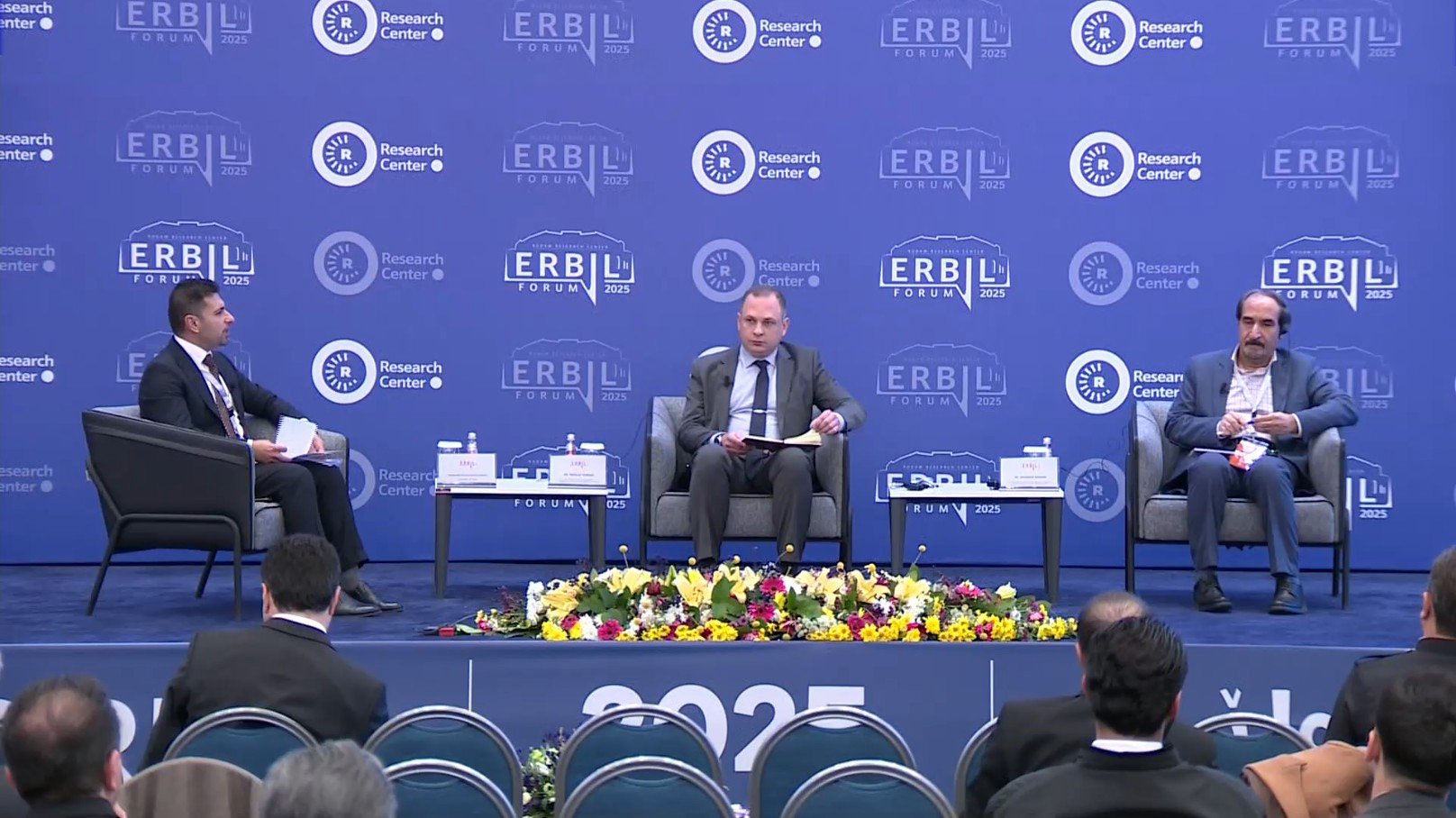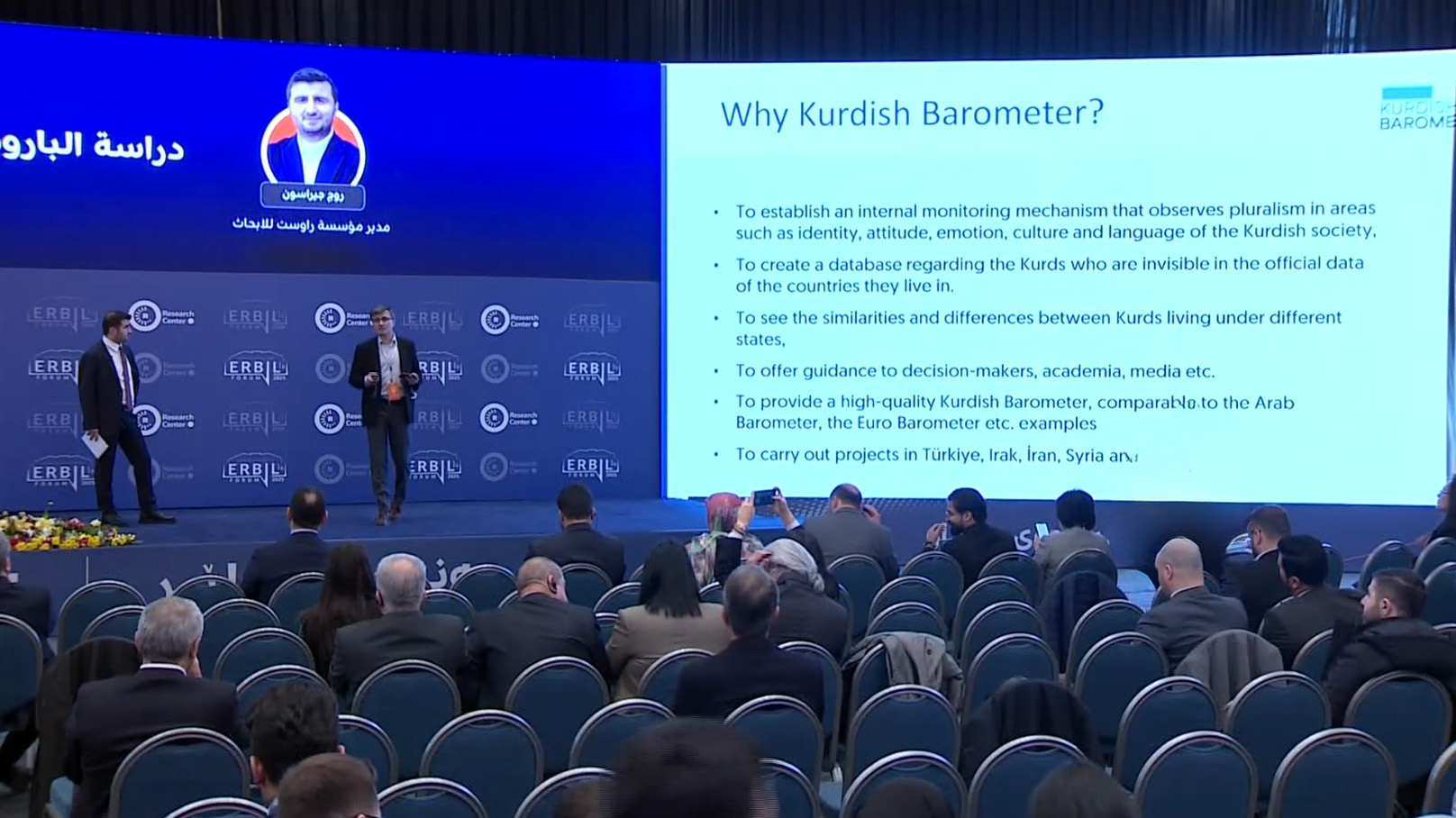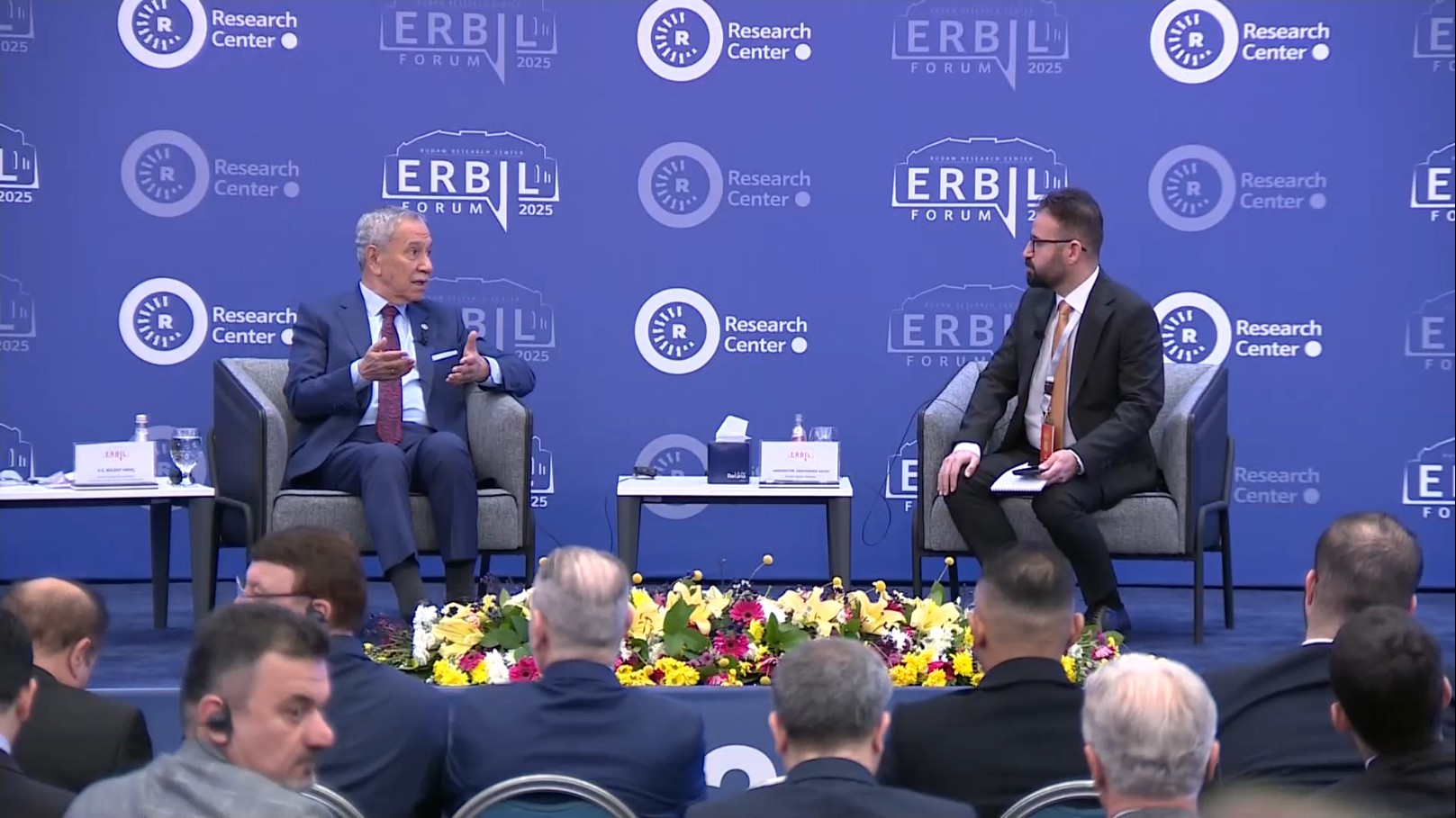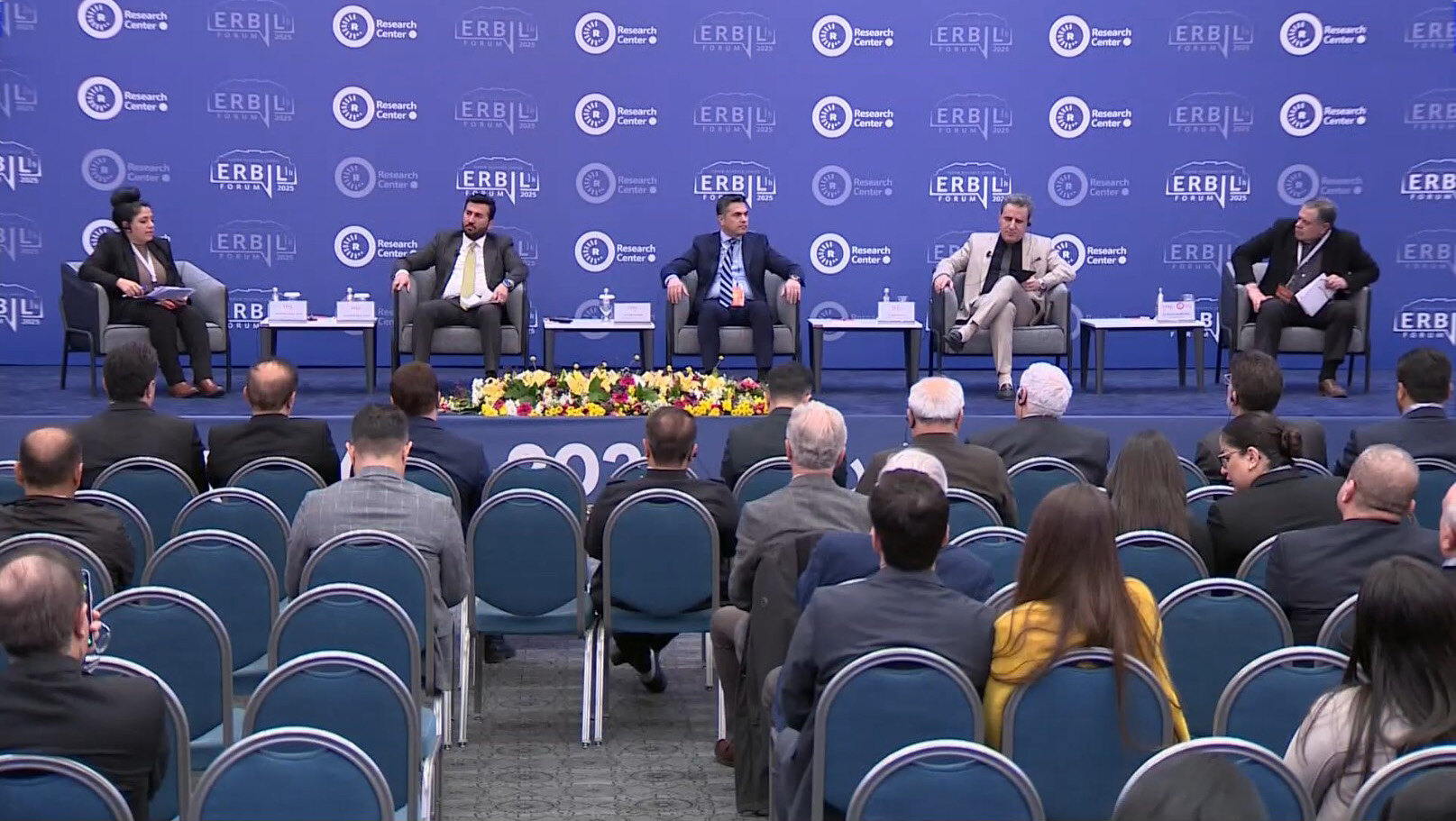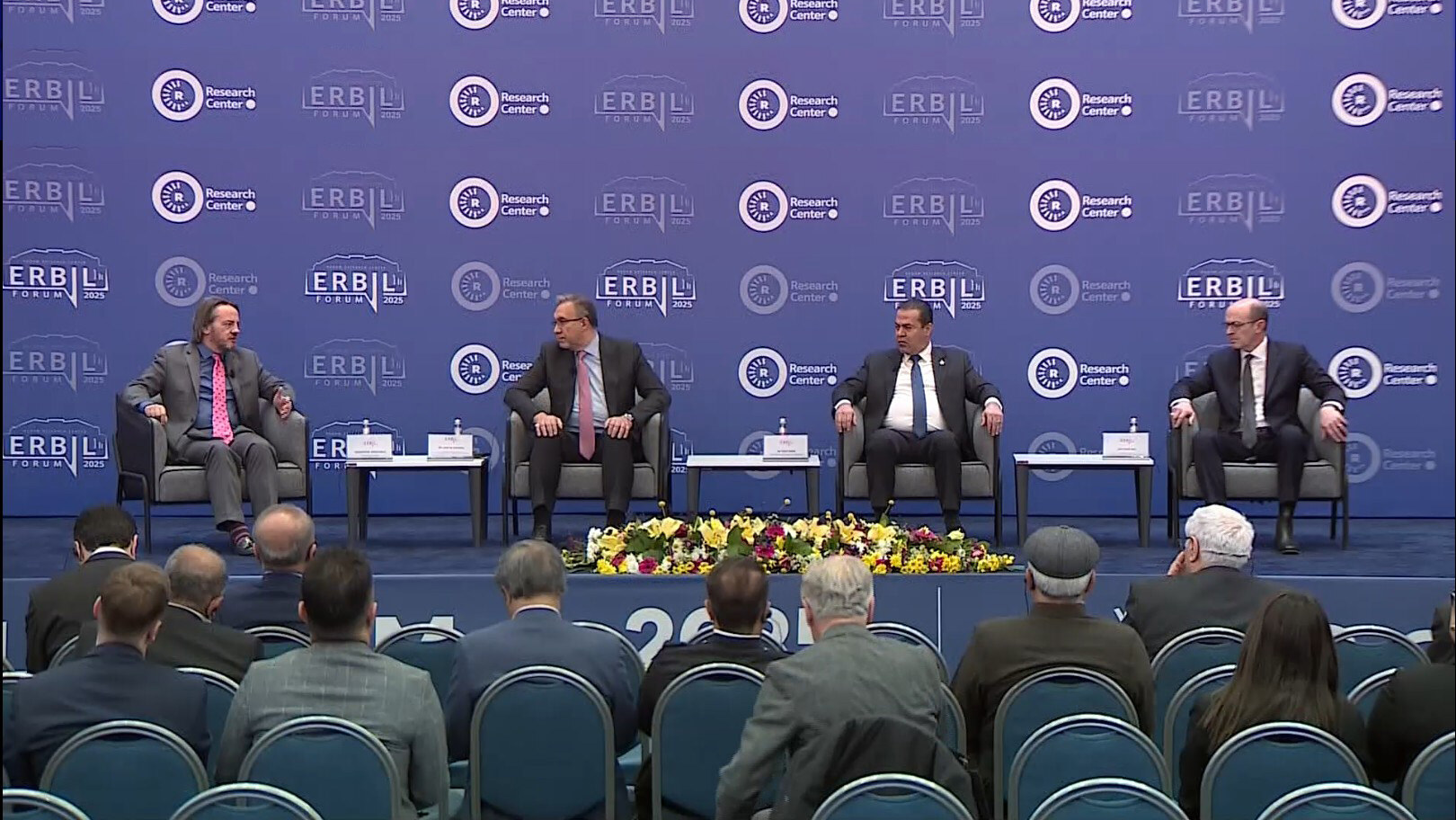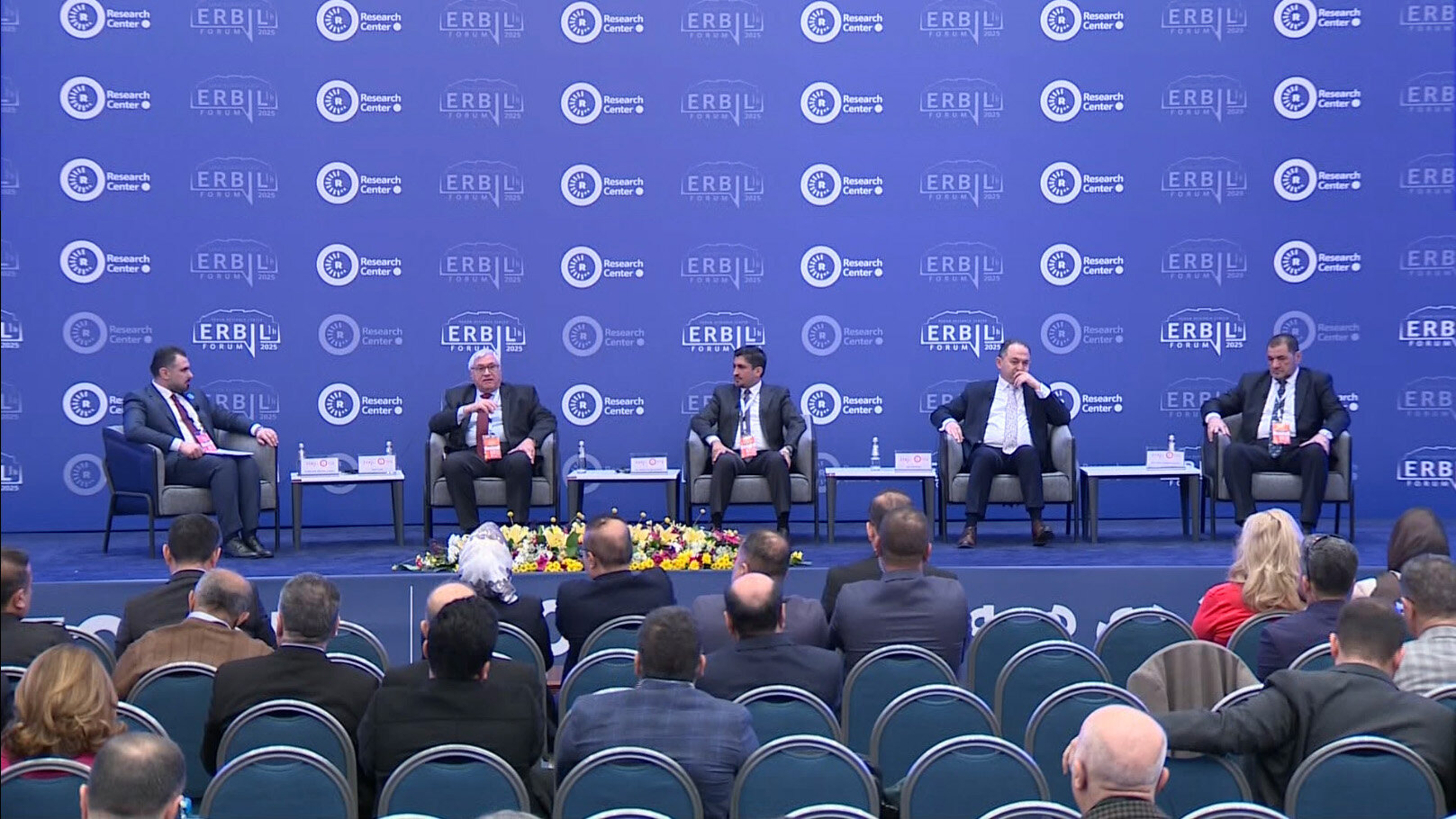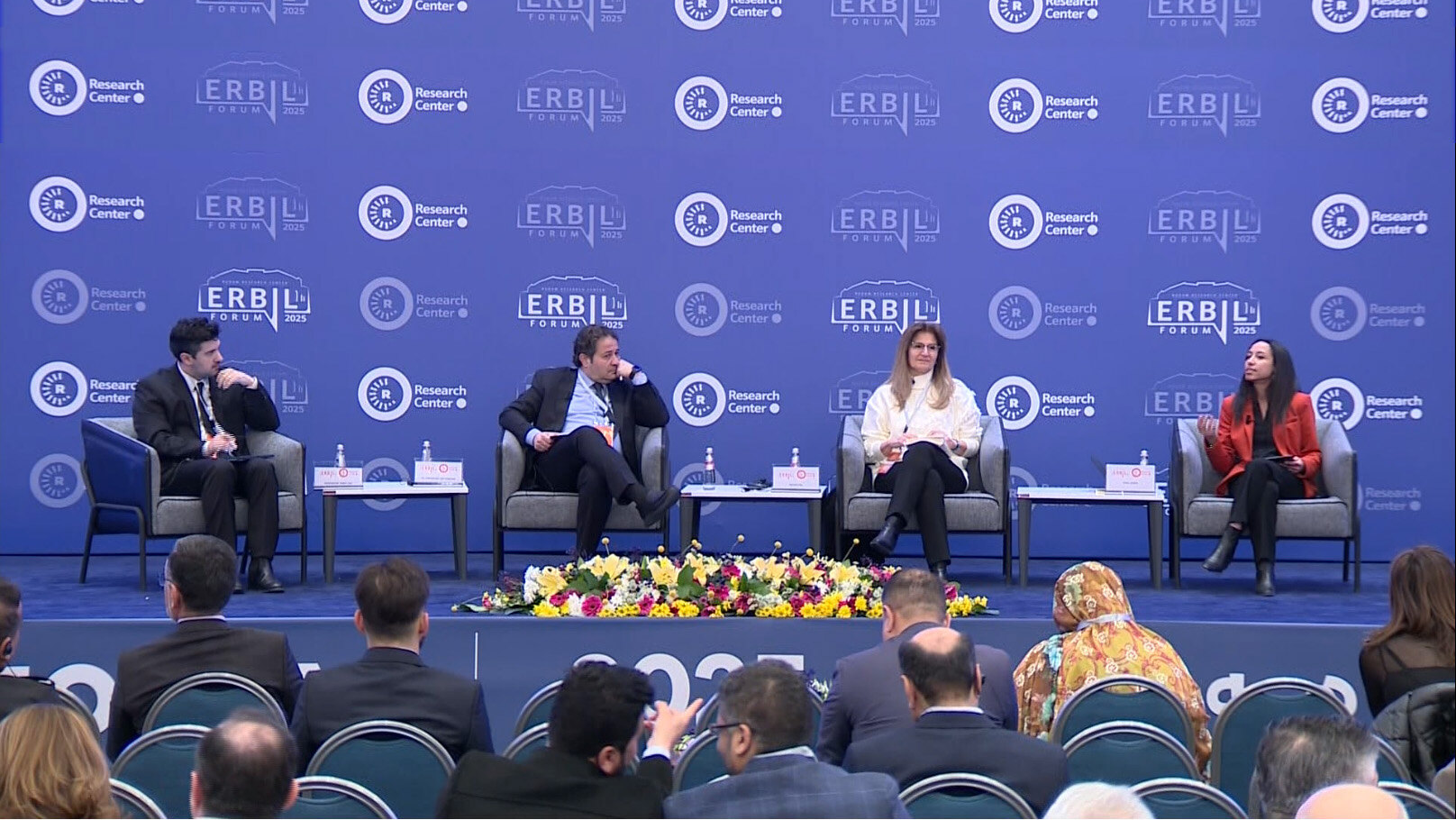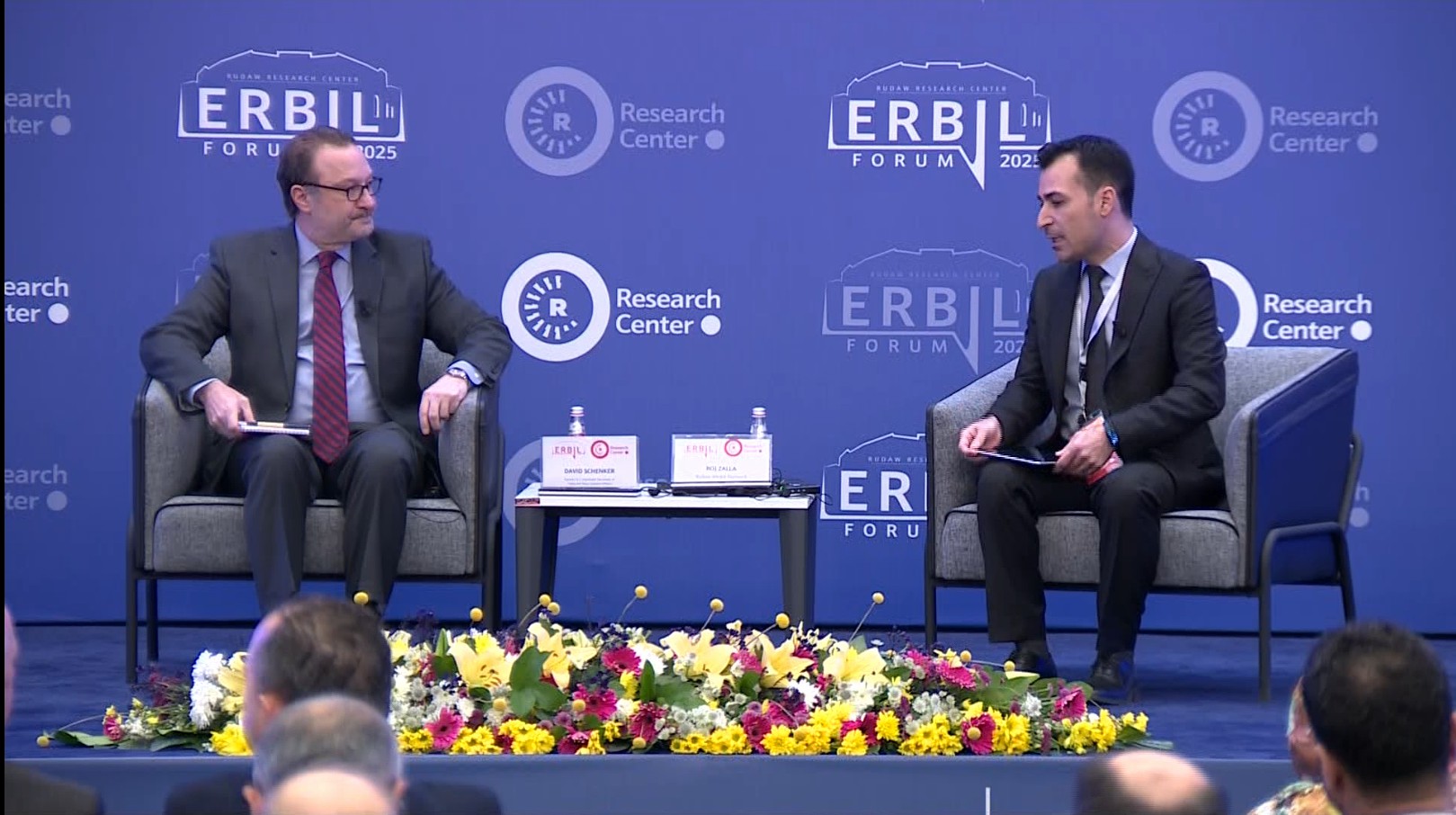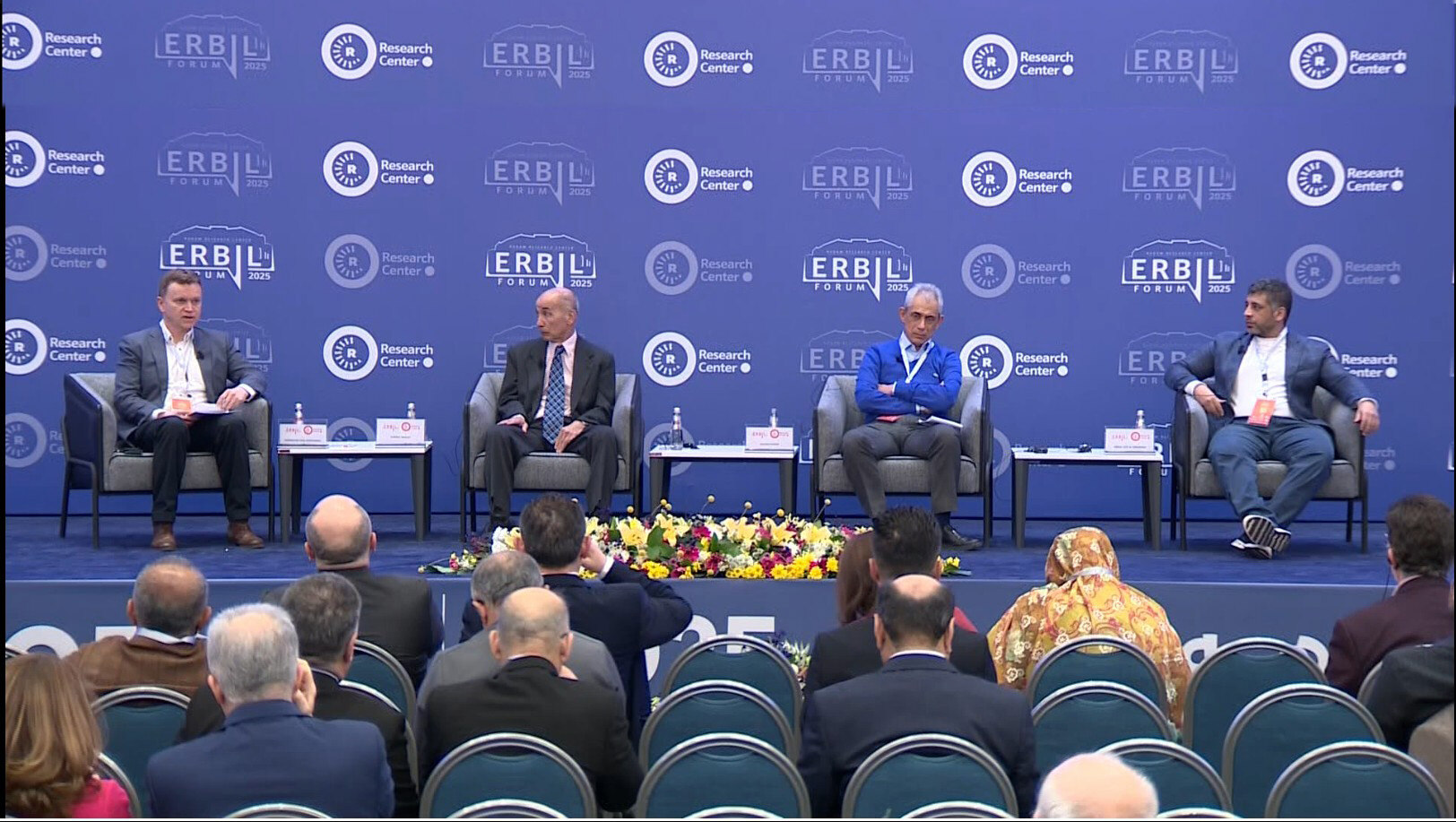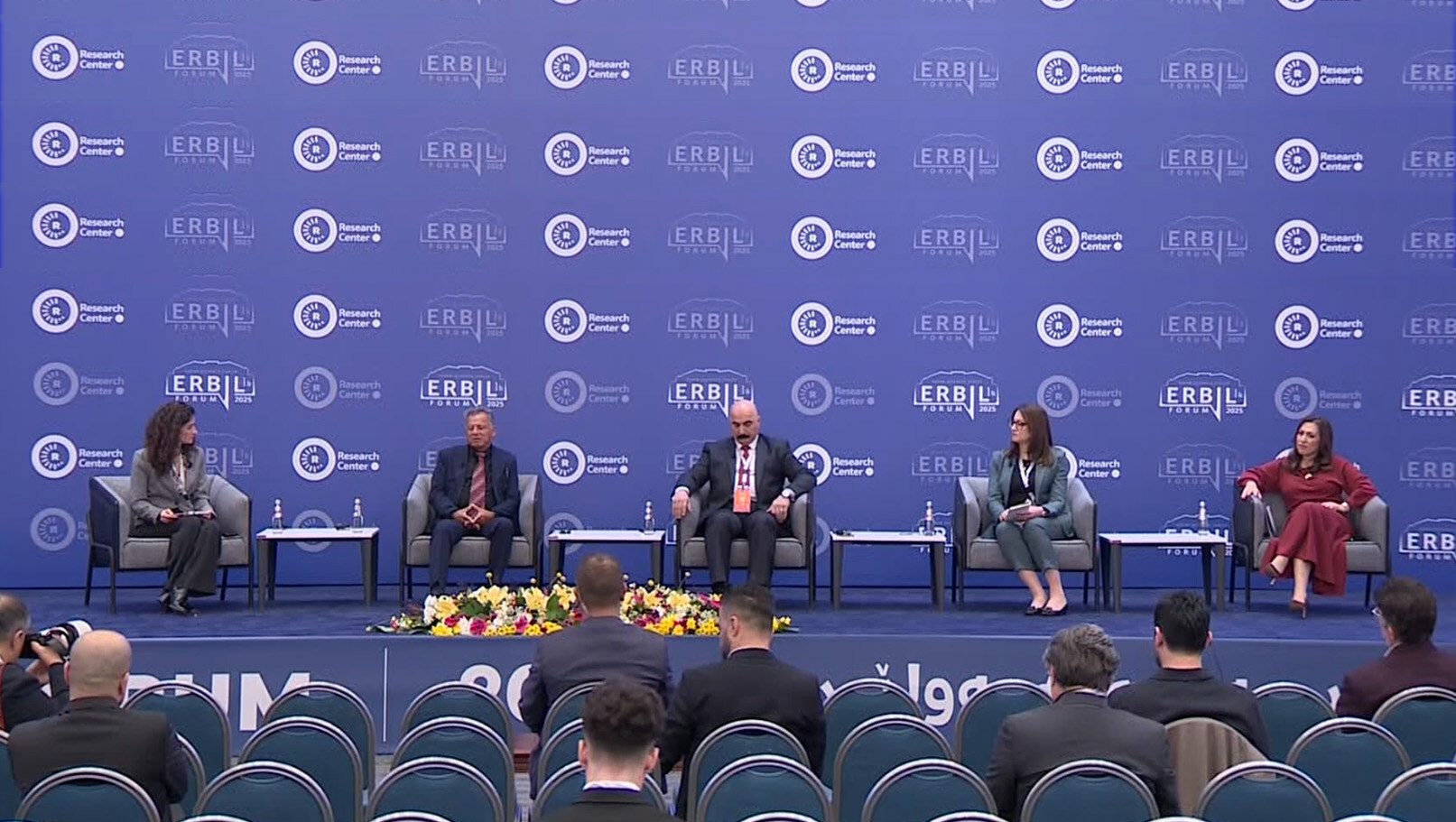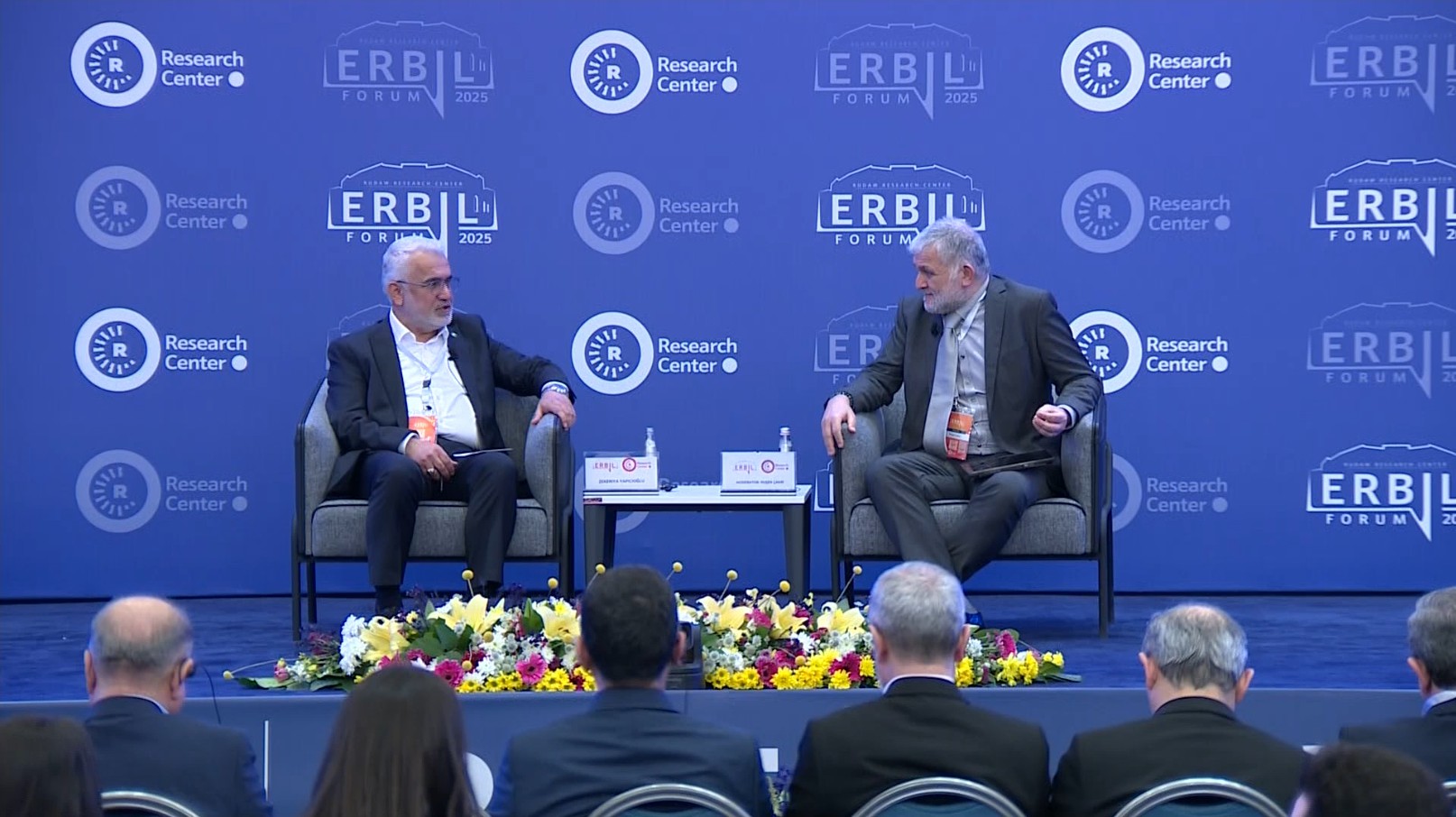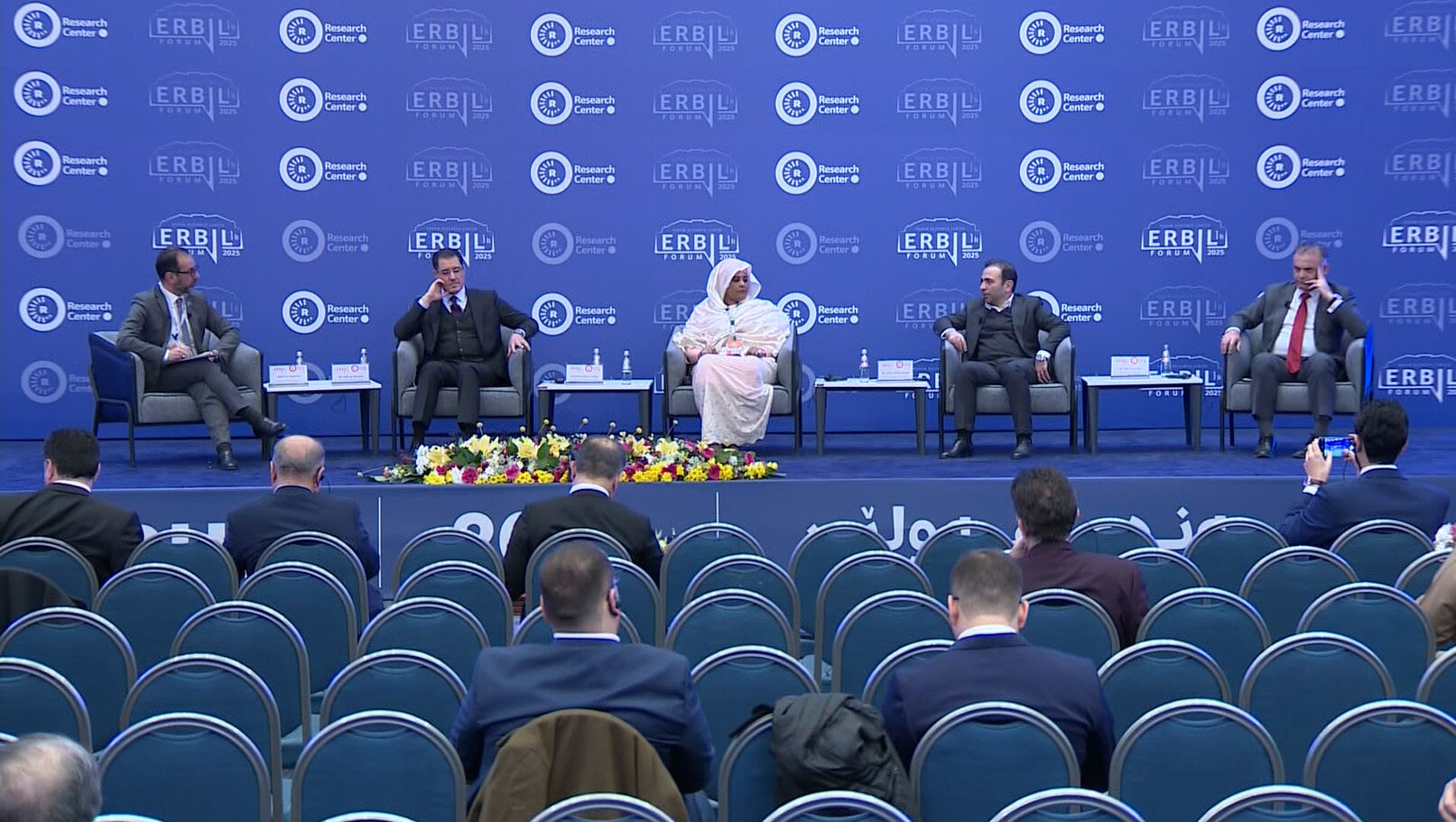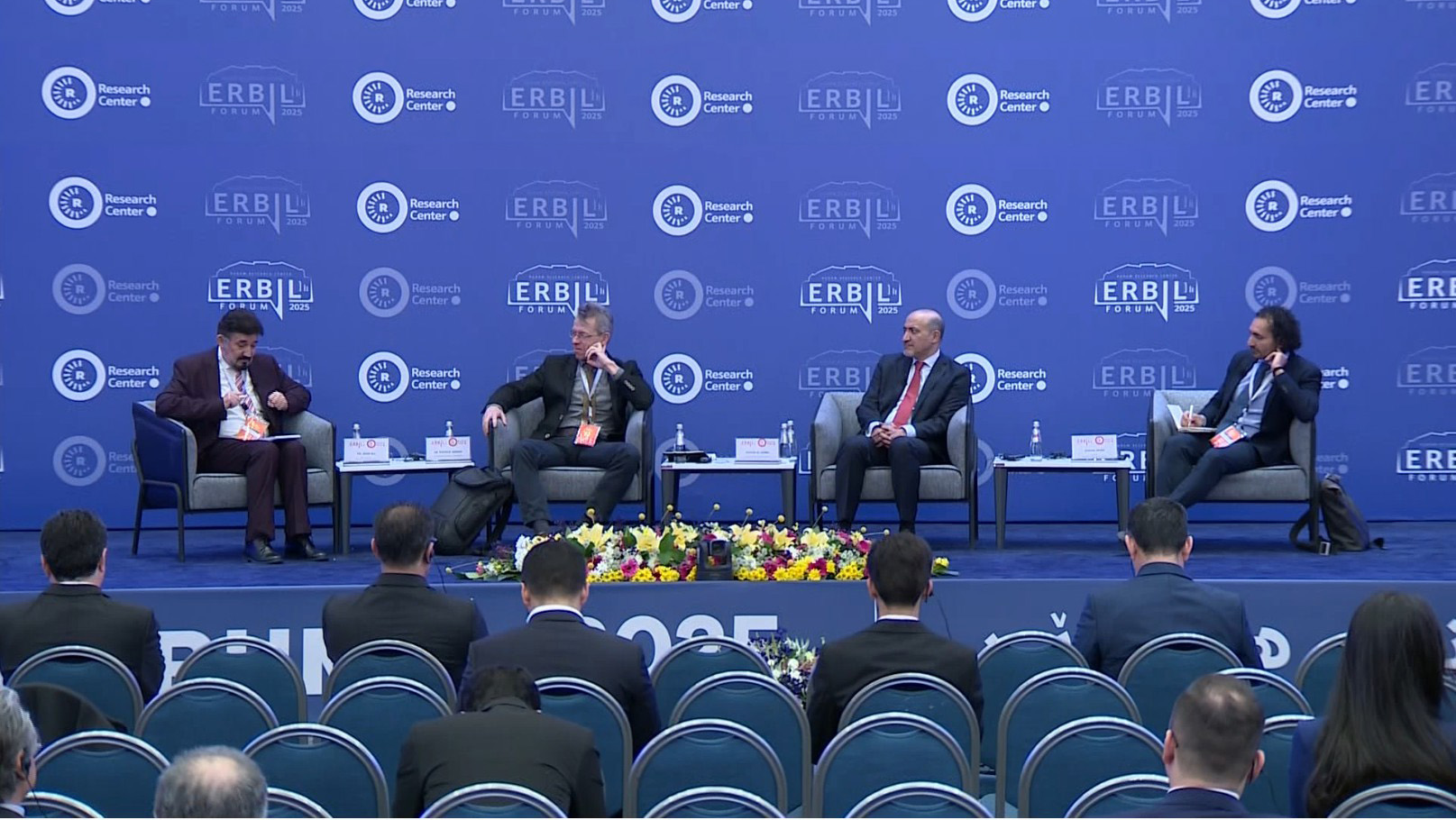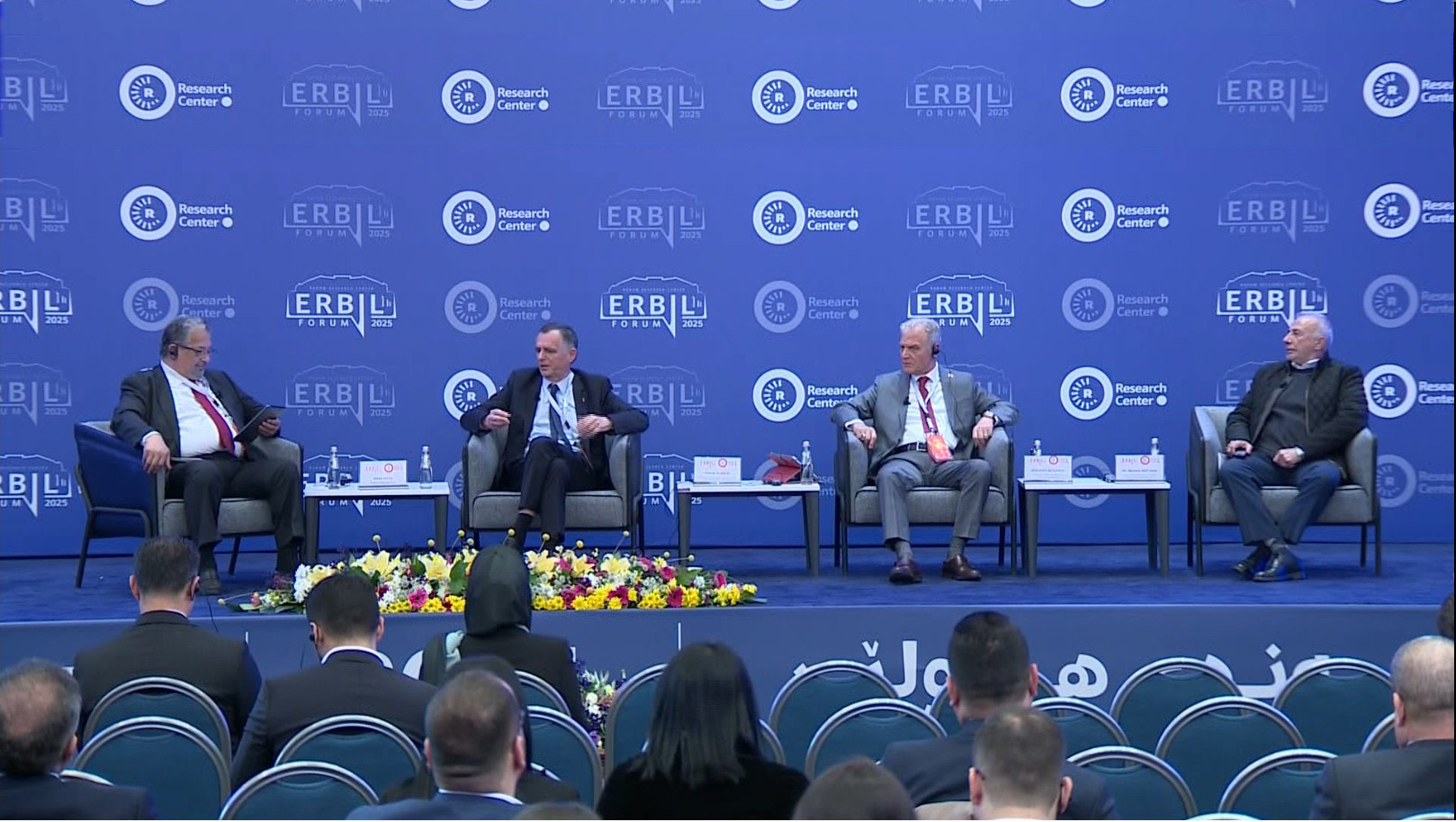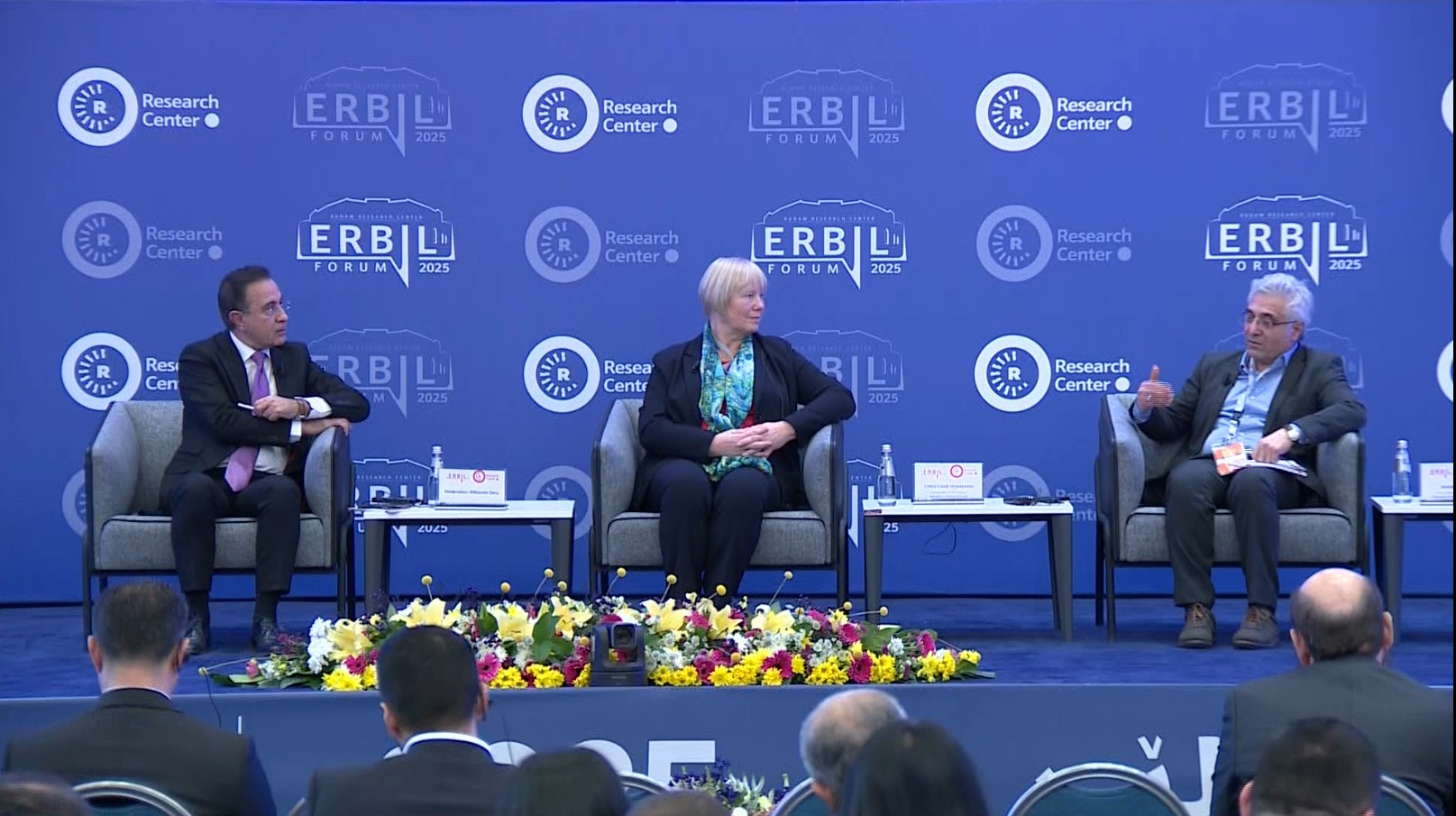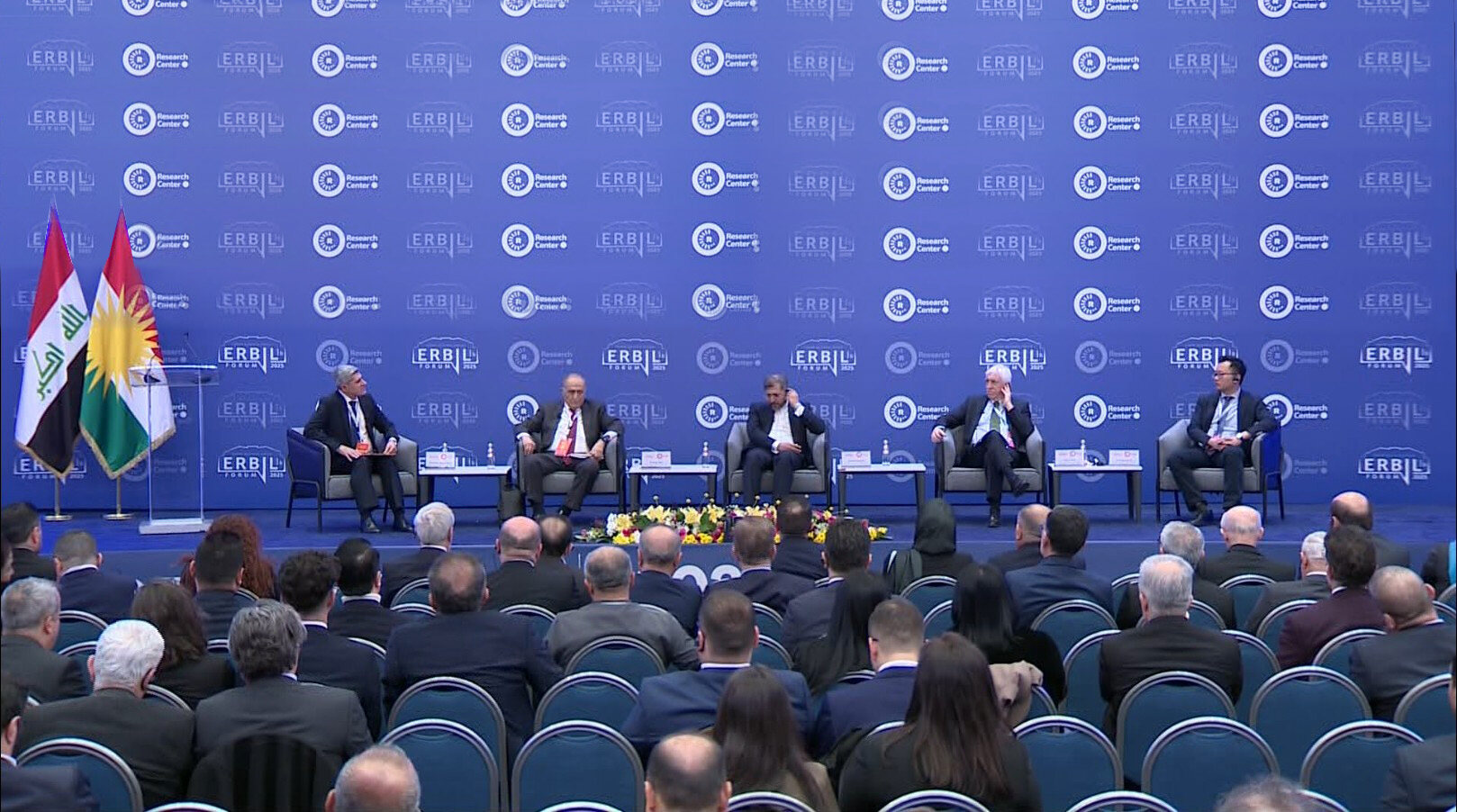At the beginning of the seminar, the organization provided a brief overview of UNICEF's origins and history in the world and in Iraq, then highlighted the organization's goals and activities. Throughout the seminar, UNICEF emphasized the importance of children's rights and the necessary measures and requirements that reporters and media professionals should observe when dealing with or interviewing children.
Closing Address

The President of the Kurdistan Region, on a broader level, emphasized that the solution to the events after October 7, 2023, despite Israel's tactical success, needs a long-term solution that passes through the door of dialogue; otherwise, the problems will recur because the Palestinian people have a cause that, like the Kurdish cause, will never disappear.
We have an issue in the Kurdistan Region; we are familiar with the national struggle and its consequences, the role of armed movements, and how to engage with such groups. We have always emphasized that taking up arms for a cause—even if it is just—should not be the starting point unless it is absolutely necessary. Especially in this era, armed struggle is not a safe beginning, and when the beginning is unsafe, the end may be unsafe as well. After all, no one produces their own weapons—arms come from somewhere.
Panel 13: Peace Talks in Türkiye and the Future of the PKK Armed Conflict after Four Decades

There’s a saying in Turkish: “One who has no doubts about their ablution has no doubts about their prayer.” Even if the President hasn’t explicitly stated such intentions, this tendency may have been observable for quite some time. Still, I cannot say that we, as the DEVA Party, are particularly concerned. However, let me clarify: In the DEVA Party, some individuals—including myself—have roots in the AK Party. Naturally, this background gives rise to certain suspicions, which can be unsettling.
For centuries, the Middle East has been a battleground for competition between Russia and other superpowers. In this context, Russia has many interests in the region. These interests continue to shape and drive Russia’s policy, even in the aftermath of the October 7, 2023, war between Israel and Hamas.
The Kurdish Barometer is a research project that started in Turkey. First, I would like to provide some brief information about the reason for launching this project. This monitoring mechanism, or poll, is designed to track the attitudes and perspectives of Kurdish society on topics such as identity, emotions, cultural attitudes, and political participation in Turkey. Additionally, one of the main goals is to create a monitoring mechanism and database that specifically tracks data related to Kurds, as Kurdish data often gets lost within the official data of countries.
There are no issues in our relations with Erbil. We are grateful. We have had, and continue to have, brotherly relations with the Kurdistan Regional Government of Iraq from the past until now. We have no problems with any of them. We are certainly satisfied with both the current administration and the previous administration’s relations with Turkey. Our views on terrorism are aligned, and we share the same perspective on confronting terrorists.
Panel 11: Competitiveness of Road Projects and the Future of Development Road Projects in Iraq

As we have mentioned, the Development Road project is not solely a railway and land corridor but also includes other corridors, such as energy corridors (for oil and gas) and communication corridors (for light cables, etc.). This project, with its residential cities and economic zones, is expected to create thousands of new jobs. According to the Ministry of Commerce, Iraq imports goods worth $70 billion annually. If, God willing, the economic and industrial cities are completed and the factories are established, Iraq will be able to meet most of its domestic market needs and export the remainder to other countries.
The energy sector in Iraq and the Kurdistan Region has undergone significant changes and challenges over the past few years, but there has also been progress. Recently, there has been optimism surrounding the resumption of oil exports from the Kurdistan Region through Turkey, the increase in Iraq’s natural gas production, and the broader development of the energy sector, including refining, renewable energy, and other areas.
The formation of the new government is a process that perhaps started a bit slow after the elections, but with each meeting, the process became more active, and the topics being discussed have become more serious. I can say with optimism that the steps we have taken have progressed well.
First, we believe that the political system is facing a fundamental crisis. This issue is different from the urgent economic, social, and political problems; the fundamental problem lies in the very structure of the new political system and the political process, which are built on sectarianism and ethnicity.
We will focus specifically on disinformation in the Middle East. While disinformation is a global issue, there are unique aspects in the region that we want to address—how it impacts the Middle East, what we can do about it, and its effects on the ground. Information, as a concept, has always been central to war and conflict. However, in today’s digital age, with advanced technology, it has become much more prevalent, dangerous, and impactful in our daily lives.
Well, I think Iran will be a major area of continuity. Both administrations are making efforts to return to a deal with Iran. The difference between Biden and Trump, of course, is that Trump attempted to get back into a deal with Iran through a "maximum pressure" campaign. Another area of continuity will be, of course, support for Israel. Biden faced criticism from some quarters for an alleged lack of support for Israel, but I believe he was one of the most pro-Israel presidents in U.S. history, and I expect that to remain consistent. Beyond that, in the region, I think there will be even less interest in developments in Syria than there was during either the Biden or Trump administrations. Regrettably, I also think there will be less interest in Iraq
Good morning, everyone, and welcome to the second session, which naturally follows the discussion we just had on water security. This session will focus on climate change and geopolitical challenges in the Middle East.
Panel 06: Climate Change and its Impact on Human Rights Violations in Iraq and the Kurdistan Region

Good morning, everyone. Thank you all for being here and for being such dedicated early risers. I hope you've had your tea or coffee and are ready for another day of engaging panels. It’s a great honor to be here today to speak about human rights and climate change and their effects in Iraq. I am joined by a fantastic panel, which includes members from civil society, government, and experts who will share their knowledge with you.
Tomorrow, the DEM Party delegation will visit İmralı for the third time to meet with Öcalan. Normally, two people would visit İmralı, but this time seven people are going: Ahmet Türk, five parliamentarians, and a lawyer. On Friday, the DEM Party invited all its parliamentarians to Ankara. It is said that necessary clarifications about the visit will be made. Has the time for the announcement come, Mr. Zekeriya?
In the name of God, the Most Gracious, the Most Merciful. Good evening. We apologize for the delay in starting this panel. We will aim to keep our discussion short and concise while preserving the core content of the topic and addressing the questions posed to our esteemed guests.
Welcome to today's fourth panel. I would like to extend my gratitude to Mr. Ahmad Al-Jarba, Chairman of the Syria’s Tomorrow Movement and former President of the Syrian Opposition Coalition; Dr. Patrick Haenni from the Humanitarian Dialogue Organization; and Mr. Ahmad Mhidi, Syria Advisor at the Centre for Humanitarian Dialogue, for being here today.
The panel is titled "The Future of Security, Military and Security Balances in the Middle East: Continued War and Tensions or Balance and Stability?" Our esteemed guests today are Mr. Pascal Ausseur, Retired Admiral of the French Navy and Director General of the Mediterranean Center for Strategic Studies; Mr. Muzaffer Akyıldırım, Retired Turkish Diplomat and Military Officer; and Dr. Ibrahim Mottaghi, Professor of Political Science at the University of Tehran and an Expert on Regional Security.
Panel 02: Post-Assad regime: What can Western governments do to protect Syrian minorities' rights?

Welcome, everyone. In this panel, we will discuss the situation of the communities in Syria after the fall of the Assad regime. As you know, the main community in Syria, after the Arabs, are the Kurds. The Kurds are the second-largest community in Syria, making up 15 percent of the population, which means there are approximately three to four million Kurds in Syria. Their geography and influence, as you know, is quite unique, stretching from Afrin to Derik, and Derik to Hamko, on the border of Southern Kurdistan.
Panel 01: Syria’s Future Post-Assad: Reshaping the Region’s Security and Political Landscape

I warmly welcome you to the first panel of the 3rd Erbil Conference, organized by the Rudaw Research Center in collaboration with other research centers. We extend our thanks to them. Today, we will discuss the future of post-Assad Syria and the reconstruction of security and politics in the region. I will not repeat the names of my distinguished guests, as they have already been introduced by our friend Shahian. I will start with Dr. Jawad Anani, former Deputy Prime Minister and former Foreign Minister of Jordan. You are very welcome

